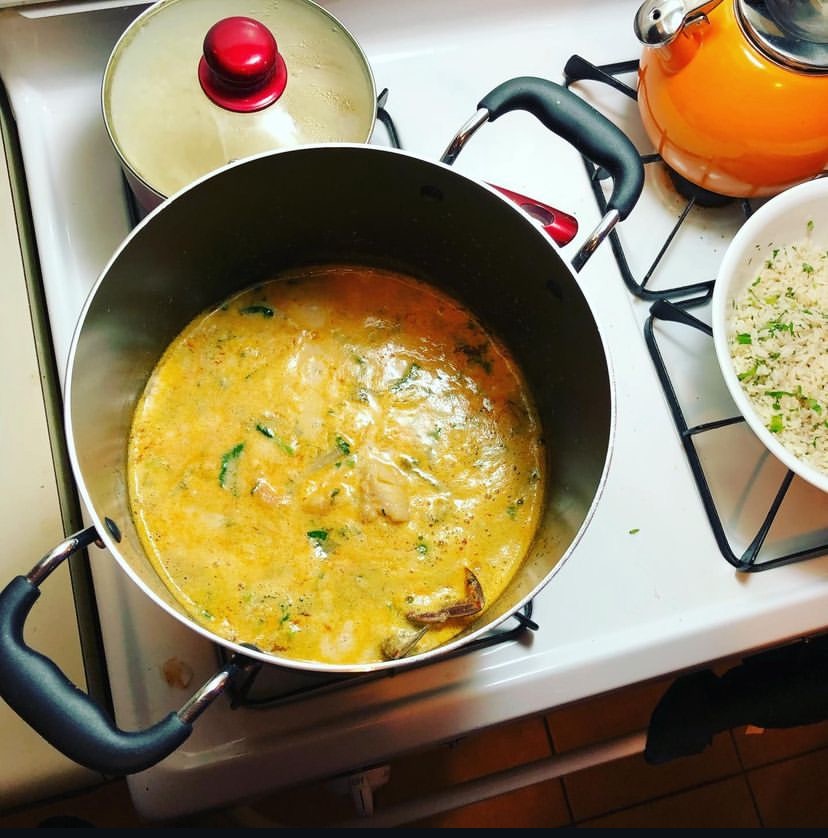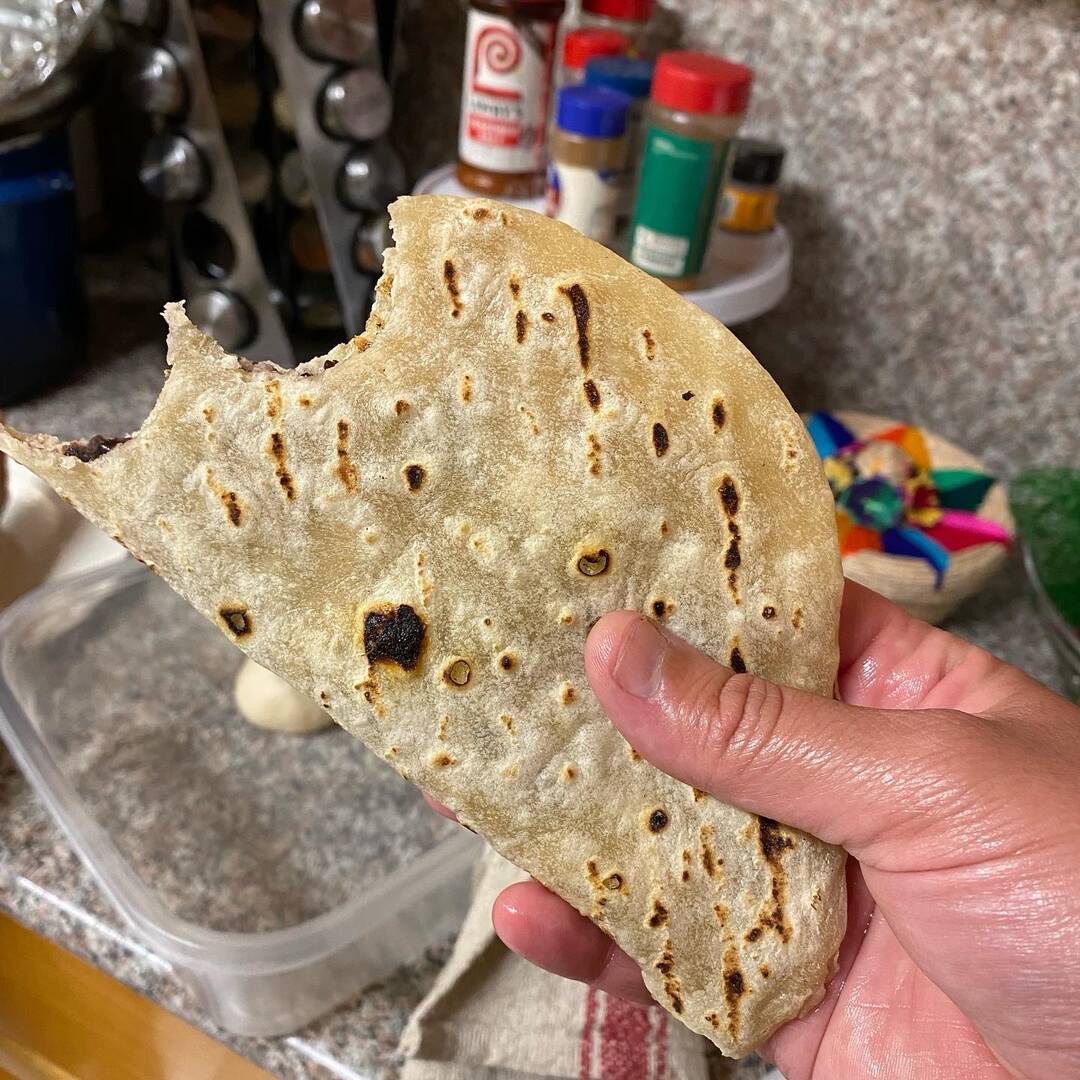At the most recent presidential debate, former president Donald J. Trump said, “...[immigrants are] eating the dogs. The people that came in, they’re eating the cats. They’re eating the pets of the people that live there. And this is what’s happening in our country. And it’s a shame.”
The moderator David Muir immediately responded that “ABC News reached out to the city manager [in Springfield], and he told us there have been no credible reports of specific claims of pets being harmed, injured or abused by individuals within the immigrant community.”
Mr. Trump’s comments are unfounded, untrue and unhinged — I don’t feel the need to explain why. While some of the funniest TikToks and tweets I’ve seen have come in response to this absurd comment, I’ll be honest: It is bothering me in a way other comments haven’t.
I say this knowing that, sadly, this latest claim is not even the worst thing Mr. Trump has said about immigrants. For years, he has made false and harmful claims, from calling all migrants rapists and criminals to blaming them for taking jobs (specifically “Black jobs”) to saying they’re “poisoning the blood of our country” and much more. But I just found this one particularly, well, hard to stomach.
I thought to myself, Hasn’t Trump objectively said worse? Isn’t it worse to accuse an entire group of people of being violent gang members, invaders, or not even human? Why am I so disgusted? Is it just because it’s a whole new level of bananas? It literally kept me up at night. By 1:30 a.m., I still couldn’t figure out why this comment felt so sticky, personal and violating.
With some deep breaths, I invited God into my reeling thoughts. It did not take long for God to show me why. I grabbed my phone, opened the Photos app, and typed “food” into the search bar—645 photos from my albums appeared. The vast majority of these were images of meals with friends from multiple countries with varying U.S. legal statuses. From taking my students on immersion trips to the southern U.S. border to a summer at the Oakland Catholic Worker to time spent with friends, I realized that most of my most meaningful meals were prepared by friends born outside of the United States who made a courageous journey to be here.
Here are a few examples of the photos I found:
A plate of Karen’s tamales. (I have changed the names in this story to protect my friends’ privacy.) She allowed me and my students to visit her home where she gifted us with her tamales and stories about life as a person without legal status in the United States.
Steak tlayuda with quesillo from a friend’s birthday party. We celebrated with a table full of his favorite dish from home state in Mexico. He hasn’t been able to have his mother’s homemade cooking in 17 years.
Hamburgers from the time some friends and I returned late to the Catholic Worker after a guest’s soccer practice and we just needed a pile of protein.

Noodles, rice, plantains and orange juice from a family who stayed at the Catholic Worker for a few days after being released from an immigration detention center.
Tapado Costeño, a Honduran seafood soup I made with a friend I consider a brother, just because he had a craving.
Gorditas from Joan, who taught my students and me how to make them on an immersion trip at the border. After we shared the meal together, she spoke about the intersection of disability and immigration rights through her daughter’s story.

A 7-year-old’s birthday cake with green icing, a blue border and little plastic cars for decoration. His asylum case is tied to his mother’s.
A baleada made as a friend recounted being shot at by gang members in his home country. His 6-year-old shared how scary it was to see “Papi with blood on him.”
The first cup of coffee a friend made at the Catholic Worker House. He didn’t trust me at first, but after he brought this over, I knew we’d be just fine.
I could go on.

Over these meals, I have witnessed and experienced the love of God. Food is an inseparable part of relationships, community and faith. None of this should surprise us. As Catholics, that’s our whole thing: We share the Eucharistic meal together each time we go to Mass. We have a God who is also food, who chooses to be there for us in the form of bread. The sacredness of God is in all things, but seems exceptionally present over a meal.
Dorothy Day said, “We cannot love God unless we love each other, and to love, we must know each other. We know him in the breaking of bread, and we are not alone anymore. Heaven is a banquet, and life is a banquet, too, even with a crust, where there is companionship.”
I have lived that because my siblings in Christ from all over the world, with varying stories, cuisines and U.S. legal statuses have freely given me their hospitality, care and love over a plate or a cup.
When I heard Mr. Trump spewing lies about what is on others’ plates, it struck me as more than just a deranged accusation, because his words and accusations defile those Eucharistic moments we all use to connect and need to survive. Everyone eats. He chose to weaponize the most fundamental part of our shared humanity. It was a gross violation of my community, their sacredness and the holy space they create over meals. Sharing meals can make two humans friends. Sharing our lives and hearts and selves over meals makes us a true community.








